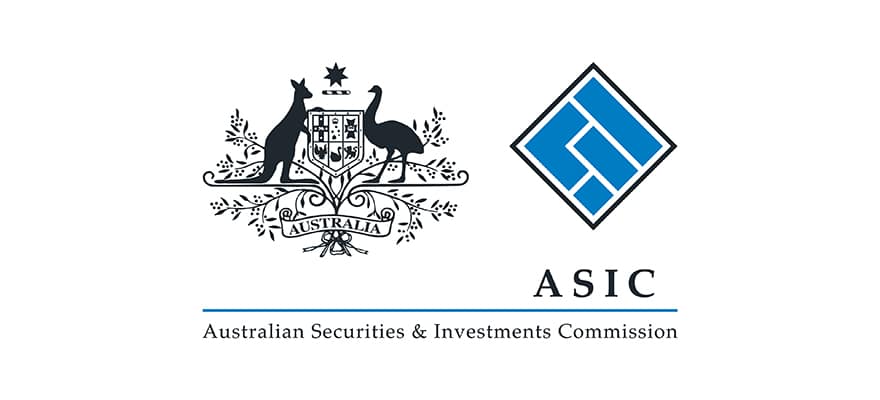The Australian Securities and Investments Commission (ASIC) has proposed a series of drafted rules to help foster obligatory central clearing requirements for select over-the-counter (OTC) derivatives, according to an ASIC statement.
The proposals are the latest in a string of bids by Australia to help implement and reform OTC derivatives markets on the heels of the global financial crisis. The Australian government is also consulting on a draft determination and regulations to unveil a central clearing mandate in Australia.
However, ASIC's draft rules indicate that it would ultimately administer the government's proposed central clearing mandate, which would effectively cover trades between internationally-active dealers.
According to ASIC Commissioner Cathie Armour in a recent statement on the draft rules, “This is an important next step in Australia’s meeting of the G20 OTC derivatives commitments. The proposed mandatory clearing regime will improve the integrity and stability of Australia’s OTC derivative markets, while ensuring the reforms are implemented in a measured way.”
ASIC Proposals Overview
- Australian and foreign clearing entities (financial entities with $100 billion or more gross notional outstanding in OTC derivatives measured on a rolling basis) will be subject to mandatory central clearing, for trades with each other and with foreign-internationally active dealers (swap dealers regulated by the CFTC or SEC).
- Only certain OTC interest rate derivatives, namely fixed-to-floating Swaps , basis swaps, overnight index swaps and forward rate agreements, will be required to be cleared.
- The clearing requirements will start in January 2016, but there will be no obligation to backload open positions as at that date, subject to requirements applying to trades that are extended.
“In framing the draft derivative transaction rules (clearing), ASIC has carefully considered international requirements on central clearing as well as the need to provide recognition where transactions are cleared in accordance with comparable foreign regimes. ASIC expects that the cross-border scope of the rules will assist Australian entities to seek substituted compliance and equivalence for these transactions under foreign regimes.”
Moreover, “Reporting entities should carefully consider the scope of this draft Regulation and take steps to ensure they will be fully compliant with their trade reporting requirements from the reporting start date of 12 October,” Commissioner Armour added.
ASIC AFS License of BBY Ltd
In another announcement today from ASIC, the Aussie regulator has suspended the Australian financial services (AFS) licenses held by BBY Ltd, BBY Advisory Services Pty Ltd, and SmarTrader Limited.
The term of the suspension of the aforementioned AFS licenses is effective from May 28, 2015 until May 28, 2018. Under the Corporations Act in Australia, ASIC retains the power to suspend or cancel an AFS license, without holding a hearing, if the the AFS License is held by a body corporate which is placed under external administration.
In addition, the aftermath of the suspension will also see the appointment of Stephen Vaughan and Ian Hall as joint administrators to these companies. Steven Parbery and Brett Lord were also named as receivers and managers of BBY Ltd and BBY Advisory Services Pty Ltd earlier this month.
Regardless of legal action taken to date, the companies hold the right to seek a review of ASIC’s decision at the Administrative Appeals Tribunal.
Last month, ASIC issued an announcement that it would be conducting an investigation into the preemptive spike in the rates of the Australian dollar (AUD). This announcement came after an unusual spike in the AUD/USD by more than half a cent, seconds before the announcement by the Reserve Bank of Australia (RBA) that the interest rates would be left unchanged.


















